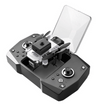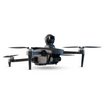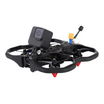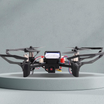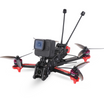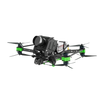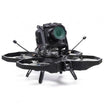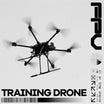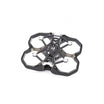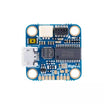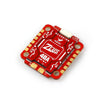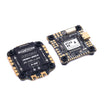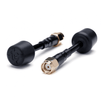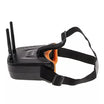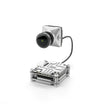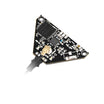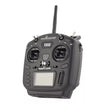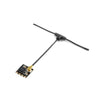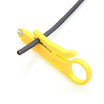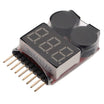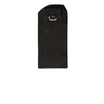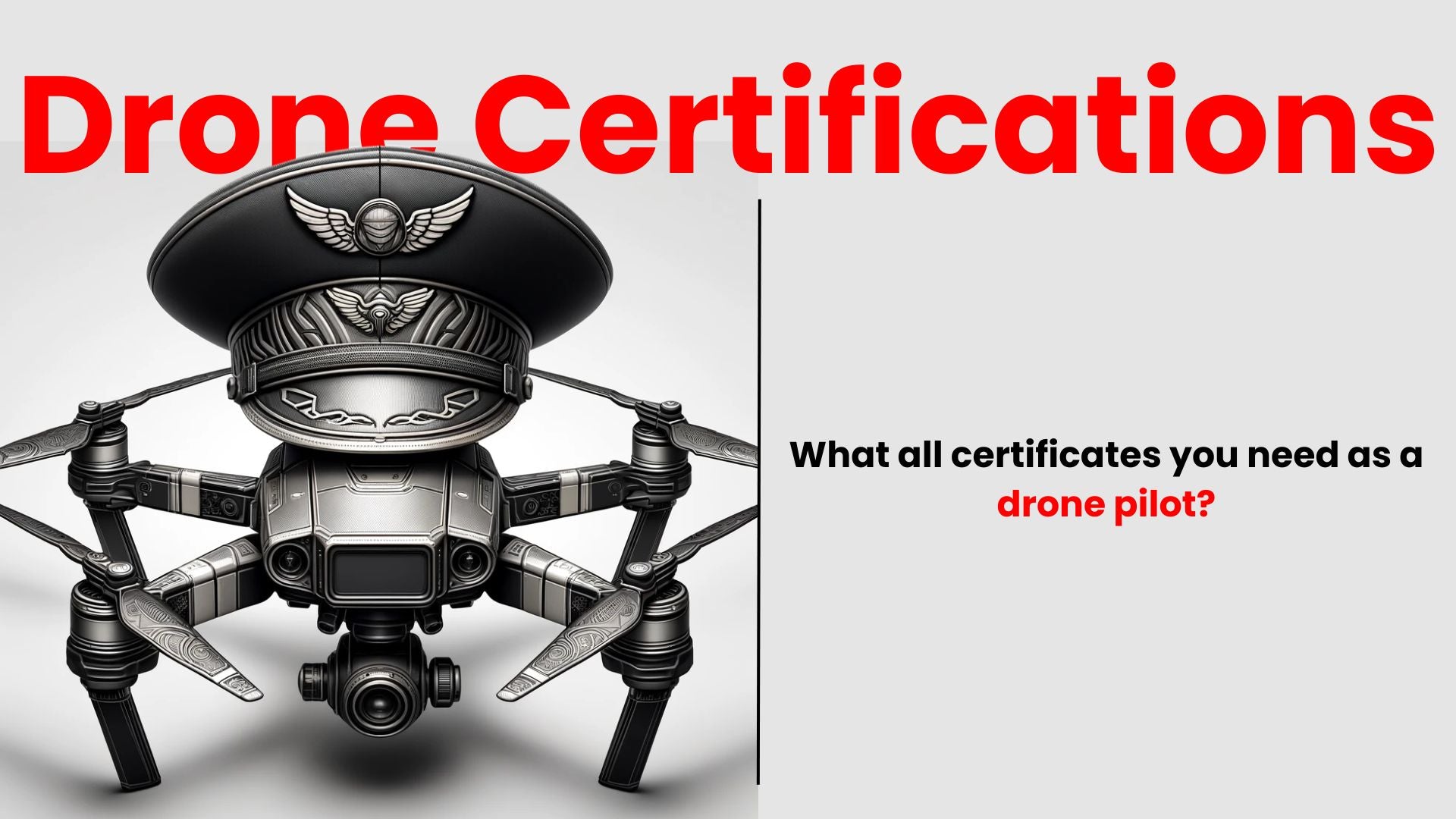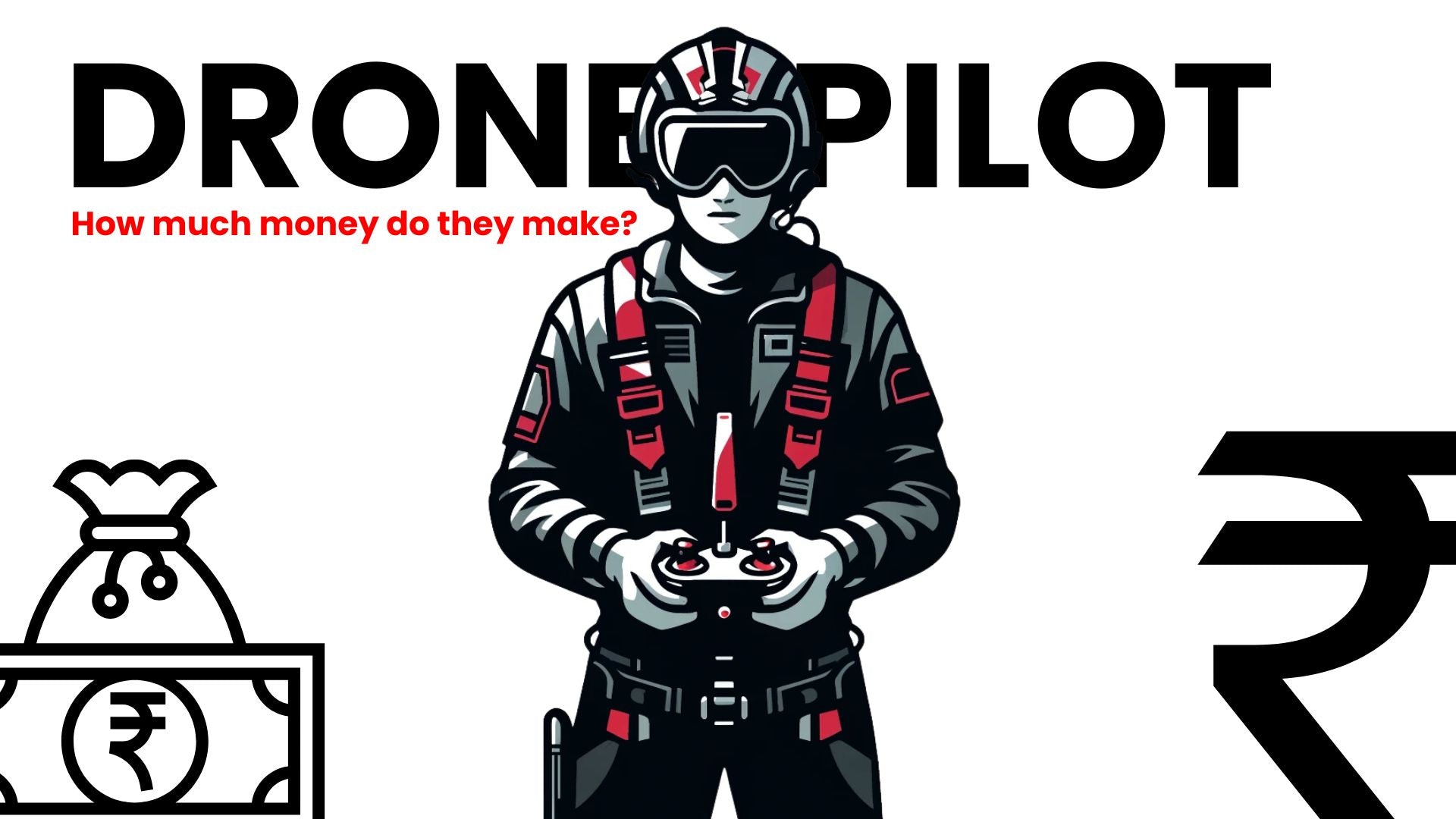Understanding the Unique Identification Number (UIN) for Drones in India
In the rapidly evolving landscape of drone technology, understanding regulatory requirements is crucial for operating drones legally and safely. A key component in this regulatory framework in India is the Unique Identification Number (UIN), mandated by the Directorate General of Civil Aviation (DGCA). This blog provides a comprehensive overview of what UIN is, how and when to apply for it, the consequences of non-compliance, exemptions, and essential considerations before application.
What is UIN?
The Unique Identification Number (UIN) is a registration requirement for anyone looking to operate drones in India. It serves as a personal identifier for a drone, linking it to the owner in official records, which is essential for ensuring accountability and facilitating easier regulation of drone activities.
How and When to Apply for UIN?
Applying for a UIN is a process conducted through the DigitalSky platform. The steps include:
- Creating an account on DigitalSky.
- Registering your drone by providing detailed information about the model and specifications.
- Submitting Form D-2 along with a nominal fee of ₹100.
The ideal time to apply for UIN is before you begin operating your drone, as it is illegal to fly a drone without registration in India.
Consequences of Not Applying for UIN
Operating a drone without a UIN can lead to significant legal repercussions, including fines and potential confiscation of the drone. It is a violation of DGCA regulations and can lead to prosecution under the applicable laws.
Exemptions from UIN
Not all drones require a UIN. Nano drones, weighing less than 250 grams and operating below 50 feet in uncontrolled airspace, are exempt from this requirement. However, for most other categories, including micro and above, UIN is mandatory.
Key Considerations Before Applying
Before applying for UIN, it is important to ensure that your drone complies with all DGCA guidelines, including safety and technical standards. Here are some factors to consider:
- Drone specifications: Ensure that your drone meets the technical requirements set by DGCA.
- Purpose of use: Your application must clearly state whether the drone will be used for recreational or commercial purposes.
- Insurance: Obtaining insurance for your drone is advisable as it provides coverage against potential damages during operation.
Wrap-Up
The UIN is more than just a regulatory formality; it is a crucial part of ensuring that drone operations in India are conducted safely and responsibly. By complying with the UIN registration process, drone operators not only adhere to the law but also contribute to a safer airspace. For anyone looking to explore the skies with their drones, understanding and complying with these regulations is the first step towards a successful and legal flight journey.
For more details on drone regulations and the UIN application process, visit the DigitalSky platform.
For more such informative content visit: https://insidefpv.com/blogs/
Follow us on Linkedin for latest updates : https://in.linkedin.com/company/inside-fpv

